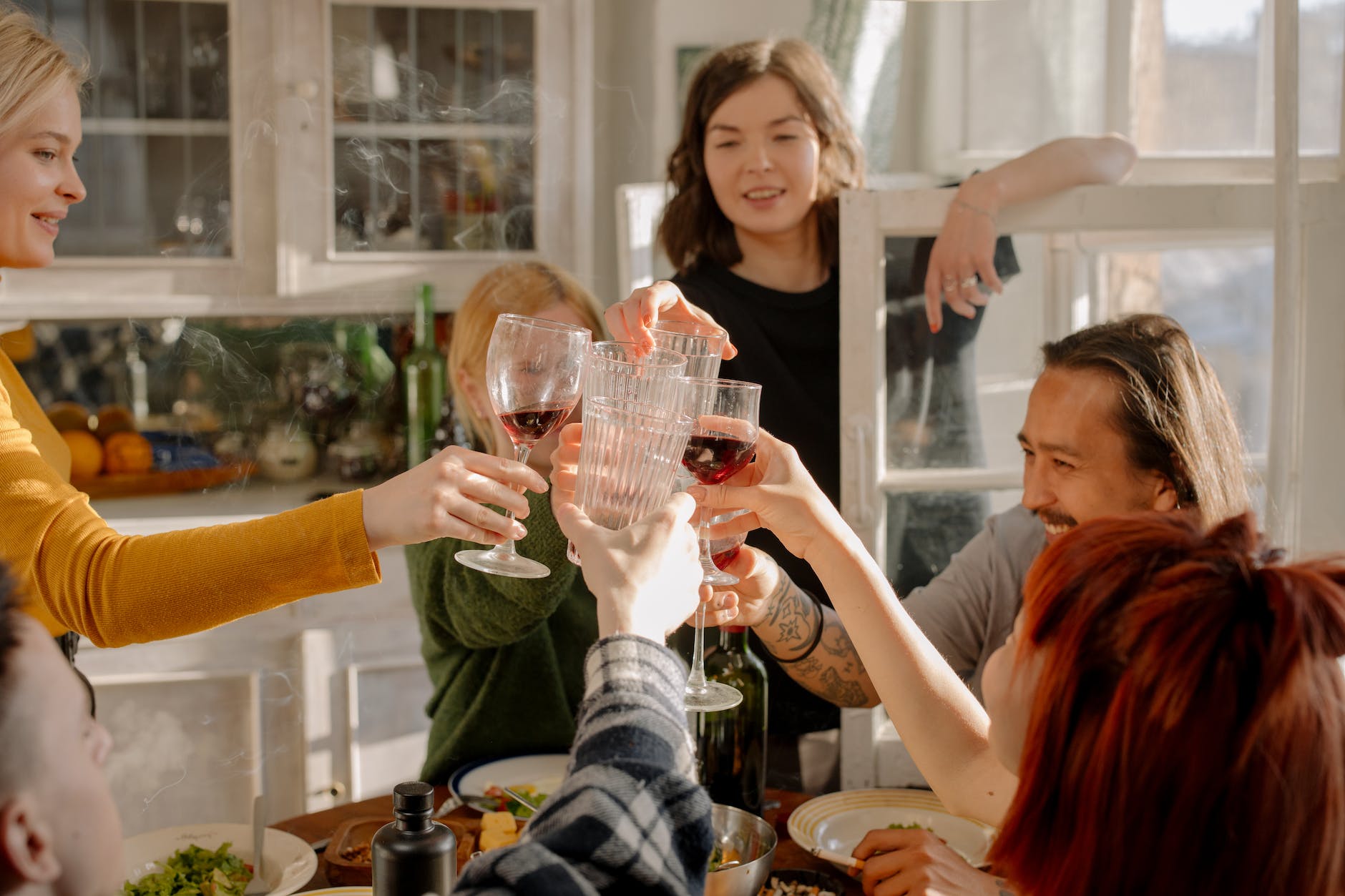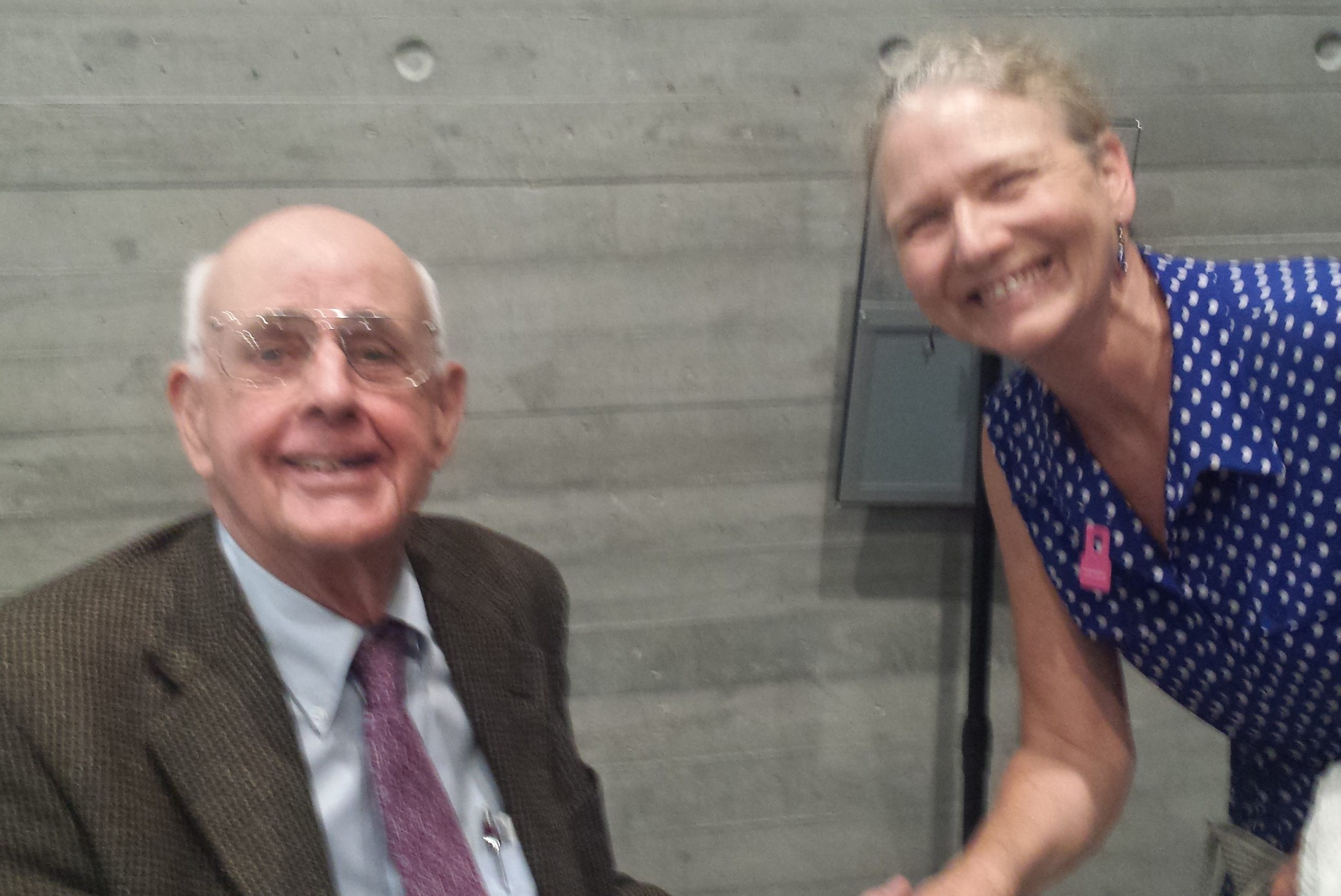2022 Reflection
I still live alone, but I now live in a small town in Costa Rica with several friends within a short walk or bike ride away. Although I am reasonably content with my own company, I still know for certain that the ideal living arrangement is to live in community – with family, good friends, or a partner.
Recent news of inflation and rising housing costs brings with it some news stories about Baby Boomers choosing to have roommates, and young people choosing to live at home longer than what used to be the norm. I see this as a healthy trend, and I hope it increases. The two-year social isolation of COVID-19 has created a crisis in mental health because many people suffered from loneliness. Deaths of despair are rising at an alarming rate, and contribute to the already-sinking life expectancy in the United States. A recent study concluded that it wasn’t just increased disease that is causing the plunge in life expectancy; it’s something intangible called isolation.
Roommate Revolution
In 2016, I accidentally set out on a five-month experiment in living out of a suitcase. From July through November I visited ten people (friends and family) in four states and two countries. I did not exactly plan this, but it happened. This is what I learned: No one should live alone.
Used to be, if someone lived alone they did so because society was shunning them: a crazy hermit, or a woman with the letter A stitched in red on the front of her dress.
So how come now we are so firmly entrenched in the notion that the right to live alone is a constitutional amendment, something guaranteed, like the freedom of religion? I earned the right; I deserve it, and all that.
People need to know that living alone is not normal in most of the world’s cultures: in Latin America, for example, the second question people ask you, after “What’s your name?” is, “Who do you live with?” They pity a person who lives alone. And in Asia, the parents move in as soon as their first grandchild is born—or, the spouse moves in with her husband/his wife and the parents. Children are never without close ties—literally—to their parents. In most of the world, families cohabitate, forever.
Why is it that in the First World—for the problem exists in the United States and Canada as well as in Europe—people seem to think it’s a mark of poverty to share space with other people? But then, what about upstairs-downstairs? Wealthy households habitually cohabitated with the help.
College students traditionally want to go away to college because they think it’s a bummer to have to live at home. But a recent study of college graduates has shown that more of them are forced to live in their parents’ basements because they can’t find the jobs they were promised when they enrolled for those degrees. However, Latin American students always knew they would be better off living at home until they were established in a career and able to support themselves. Tradition dictates that young adults live with their parents until they marry.
Where did this attitude of independence and hermit-ness come from? I know: Little House on the Prairie. Back in the olden days, people had to live alone because they were forging ahead into unknown territories to create new lives for themselves. Manifest Destiny and all that. Nuclear families lived alone by necessity, because they were the only ones around.
I’m here to say that it is time to turn this attitude around.
I wish it were that easy. Just proclaim, “It’s time!” is all it would take to turn the economy around. But it looks like the middle class is declining and the poor are here to stay. In that case, perhaps it’s time for us to accept things the way they are and begin to make the best of it. What would make the transition easier is to make some voluntary lifestyle changes and some monumental paradigm shifts. We can stop believing what we’ve been told all our lives. We can consider this: There is absolutely nothing wrong with sharing our space with other people.
Recent voices lamenting the downward spiral of the middle class, the used-to-haves becoming the have-nots, whine that they may be reduced to renting out their spare bedrooms to pay the mortgage.
To put this into context, consider history: Not too long ago, unused rooms were taxed. Closets were taxed. It was only a generation ago that having a spare bedroom meant it was time to have another baby, or to invite Grandma to come and stay.
Back Story
I am a Baby Boomer who grew up in the 1960s. My childhood home was a three-bedroom colonial, in a suburb of the Big Apple in a nice neighborhood that overflowed with kids who shared bedrooms with their siblings. I never had my own room, not until I was in the 7th grade and my oldest sister, who had moved back home with her two children after her divorce, remarried and they all moved into her new husband’s home at about the same time that another older sister went away to college.
I shared a room with two sisters—at one point, we had to sleep in bunk beds to accommodate my older sister and her two kids—but it never occurred to me to complain. In fact, I liked having other people around. We had fun at bedtime, creeping down the stairs to terrorize the babysitter, or asking my nephew personal questions when he talked in his sleep. Even after I finally had my own room, I was always moving out to sleep somewhere else when a guest came to visit because my room doubled as the guest room.
When Dad was away on business trips, we three girls would take turns keeping Mom company in the big bed. Even though she snored something awful, we were certain that she just couldn’t bear sleeping in that big bed all alone.
It was no wonder, then, that I was right at home living communally in college dorms and group housing, or sharing bedrooms with other interns on farms for summer work-study. When I married, the adjustment to living with my husband was no problem at all.
My parents always had one of us returning home for a spell between life transitions. At one point, a granddaughter moved back in with her husband and two children and they took over the basement for a couple of years. Finally, it was rumored, my parents moved out of town because they had reached the moment in their lives when they actually wanted to be alone. But then, after moving away, they had a steady stream of out-of-town guests.
After Dad died and Mom was living alone for the first time in her life, she began to invite exchange students or local college students to fill up her empty bedrooms. One summer, Mom rented the master bedroom to tourists who came for the summer season of the Music Center (a Senior Citizen form of couch surfing). She refused to accept any money from this charming couple, so they insisted on buying her a new refrigerator.
Eventually, I learned not to be surprised when I would call Mom and a complete stranger answered the phone. Over the years I ended up becoming friends with whoever was staying with Mom; she took in at least four women who were going through a divorce, along with their children. But the last single mother that Mom welcomed into her home was out of her mind; no one in the family liked her, and she ended up taking advantage of Mom. Then, it was time for my sister and I to have the last say: we told that woman to skedaddle along with the two brats who had terrorized Mom and wrecked the furniture. But all in all, the people who lived in Mom’s spare bedrooms were good people who became like family. Mom’s life was enriched by her generosity, and she helped dozens of people in the process.
My mother’s constant succession of visitors sometimes irritated me. I learned that I had to make reservations months in advance whenever I wanted to visit my own mother; she would need to ask her boarders if they minded finding other places to stay while her own family came to sleep in the spare bedrooms. But later, after my divorce and empty nest traumas left me dreading the solitary life, I realized that Mom’s reluctance to live alone was perfectly healthy and normal.
Changing Times
After I married and had a home of my own it occurred to me that liked having company, too. My three-bedroom home was filled with a husband and two children, but we loved to shift things around to accommodate family or friends whenever they wanted to visit.
And that is why, when I ended up alone after all those years of never being alone, I felt that there was something wrong with the picture of my life: people were missing.
Though I sometimes needed my privacy, I had never been a hermit. So when I found myself living alone in my late forties, I became depressed. After my divorce and the children had flown the nest, I gradually moved from a peer group of married couples with children to a new peer group of single professional adults who had never had children.
I didn’t realize what the problem was until I looked around and noticed that most of my peer group lived alone, too. Though they seemed perfectly happy all by themselves in their messy or immaculate houses, I was not happy living alone, and I began to feel desperately in need of company. Was there something wrong with me, perhaps? Was I too co-dependent?
When none of the boyfriends I’d dated over several years expressed any desire to cohabitate, I began to wonder what was going on. Was it mere habit? Did they just not know any better? Or was this a symptom of a disease that made people prefer living alone—a disease that I somehow had never contracted?
I refused to believe that I was the one with a problem. And I wasn’t. But none of my single gal friends wanted a roommate; they were happy with their stuff and didn’t want to be inconvenienced by sharing it with anyone else, or storing it to move in with me. That is the often the problem: two single people tend to accumulate a houseful of stuff that’s too difficult to condense into one household.
After a couple of years of this, I began to consider other options. I put the word out that I had an extra room for anyone who needed a place to stay for a while.
Eventually, a friend connected me with a young woman from Peru who wanted to live closer to her job, which was within walking distance of my house. She moved in, we soon adjusted to one another, and we helped one another in many ways. I told her that my home was her home—Mi casa es tu casa—that she could invite her friends to visit and to have friends over for dinner.
Though our schedules didn’t often coincide, we liked to sit down together at the table for a few minutes in the mornings and share a cup of coffee before dashing out the door. I gave her rides when I could, because she didn’t have a car, and she helped me out with the housework. It was a nice give-and-take. But after only a few months I suddenly I lost my roommate when she was deported for having an expired visa (which I didn’t know about until it happened).
This having a thing and losing it so suddenly made me keenly aware of the empty place where another person had been. I became so lonely, so disillusioned with a culture of isolation, that I decided to go on an adventure to live and work in Costa Rica. I found someone to rent my house, fully furnished, cat included. Non-conventional living arrangements were starting to flow and there was now no going back.
From day one in Costa Rica I had a roommate. And throughout the years of living abroad, the very idea of living alone became a strange, alien concept.
The Transformation
This is when I vowed never to live alone again. By not living alone, I mean not being solely responsible for a household—unless it is within a community or house-sharing arrangement where I have routine interaction with other people, much like being in a family. Community is what I am talking about.
The new economy may force some of us to rent out our spare bedrooms. To some, this may be a misfortune, a sign of hard times. But to me, it’s the best thing that can happen to our selfish, hands-off culture.
I hope that our changing economy will first force people to begin thinking differently about their possessions, and then make them willing to consider giving up their extra space in exchange for rent money—and companionship.
Because sharing space and stuff with other people is not only good for us, it’s healthy for humanity. Sharing living space–renting out the spare bedroom, or creating an apartment out of a finished basement or attic–could be the best thing that happens to some of us if we could just remove the stigma of have to and see it as something we want to do.
As they say in China, “There are two sides to every coin.”



